During World War II, an estimated 50,000 to 400,000 girls were forced to work as sex slaves for the Japanese Imperial Army. The controversial term “comfort women”—a direct translation of the Japanese euphemism for “prostitute”—is widely used to refer to these victims, some of whom were as young as 12 years old.
Grass is the graphic biography of Granny Lee Ok-sun, one of the last remaining “comfort women.” Abducted and taken to a “comfort station” in Manchuria to “service” Japanese soldiers when she was 15, Granny Lee continued to live in China after the war, eventually becoming a wife and mother. In these opening pages, Granny Lee finally returns to Korea for the first time in 55 years.
The rest of the work testifies to her resilience and incredible will to survive, proving that “grass” is indeed an apt metaphor for her and the rest of the “comfort women,” who spring up again and again, “though knocked down by the wind” and “trampled and crushed under foot.” In view of the recent dispute between Japan and South Korea, as well as the Japanese government’s repeated denial of the existence and coercion of “comfort women,” the publication of Grass feels astonishingly timely and necessary.
–Janet Hong
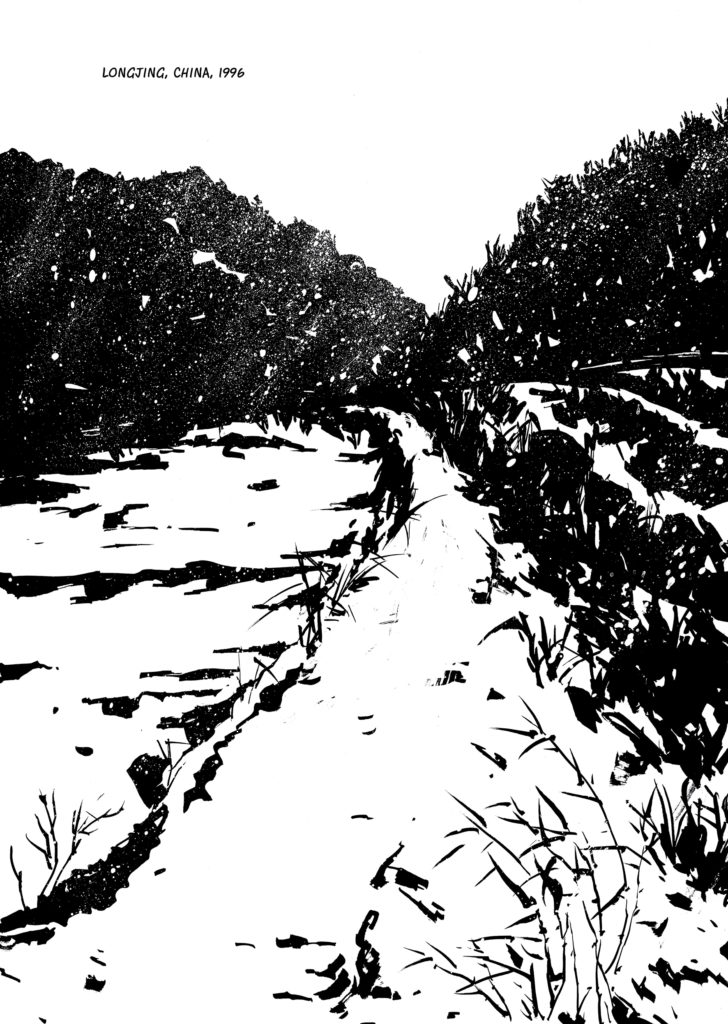
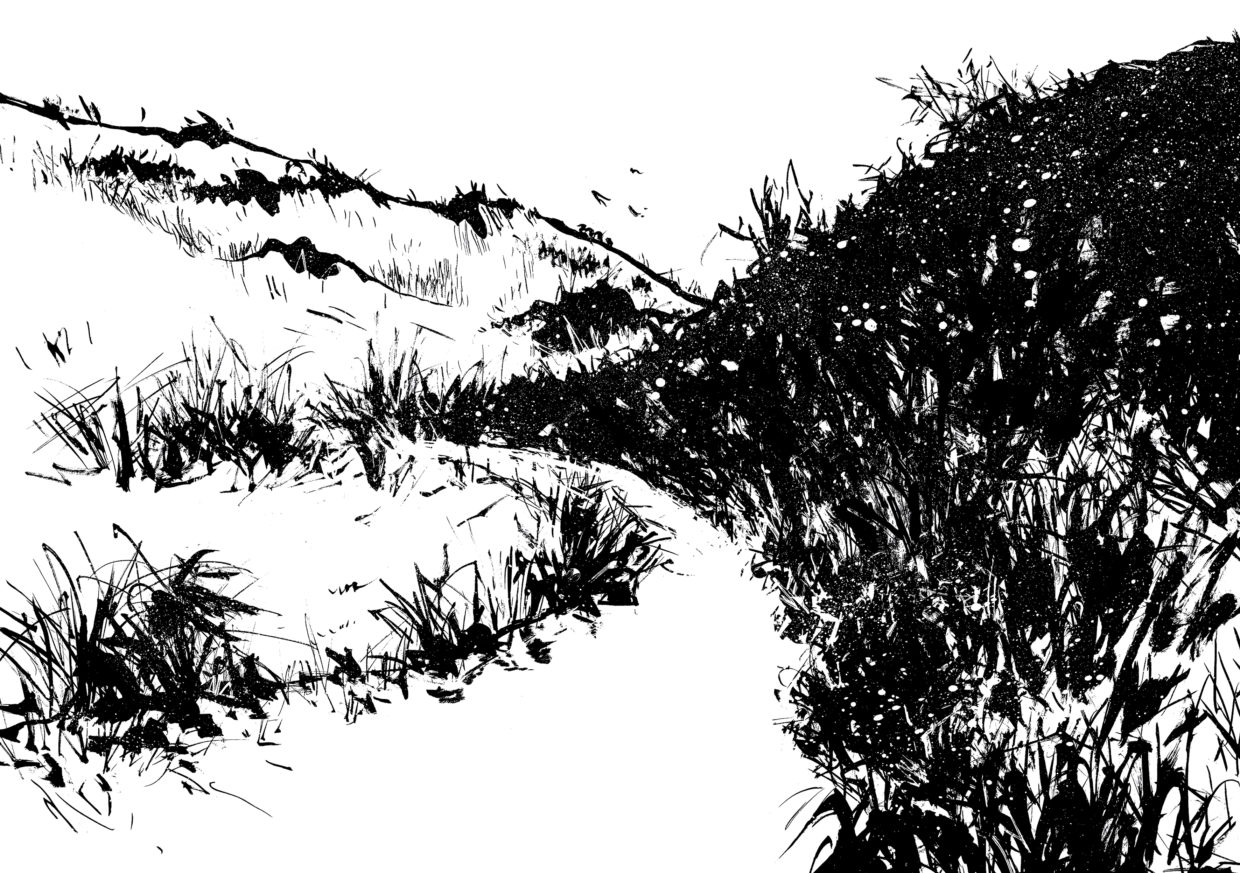
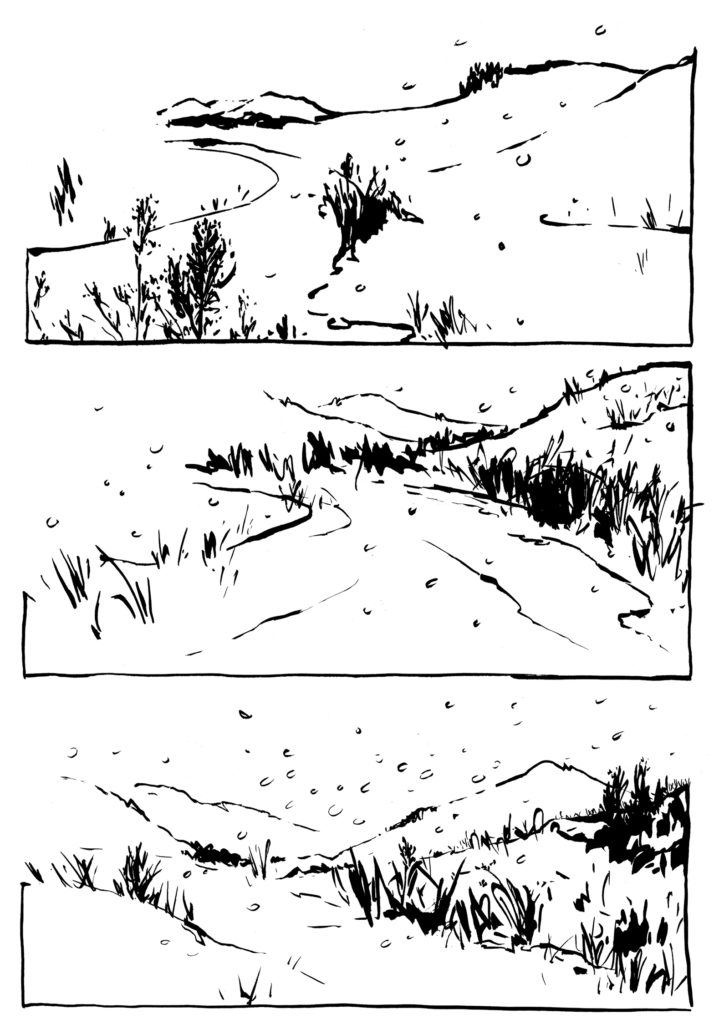

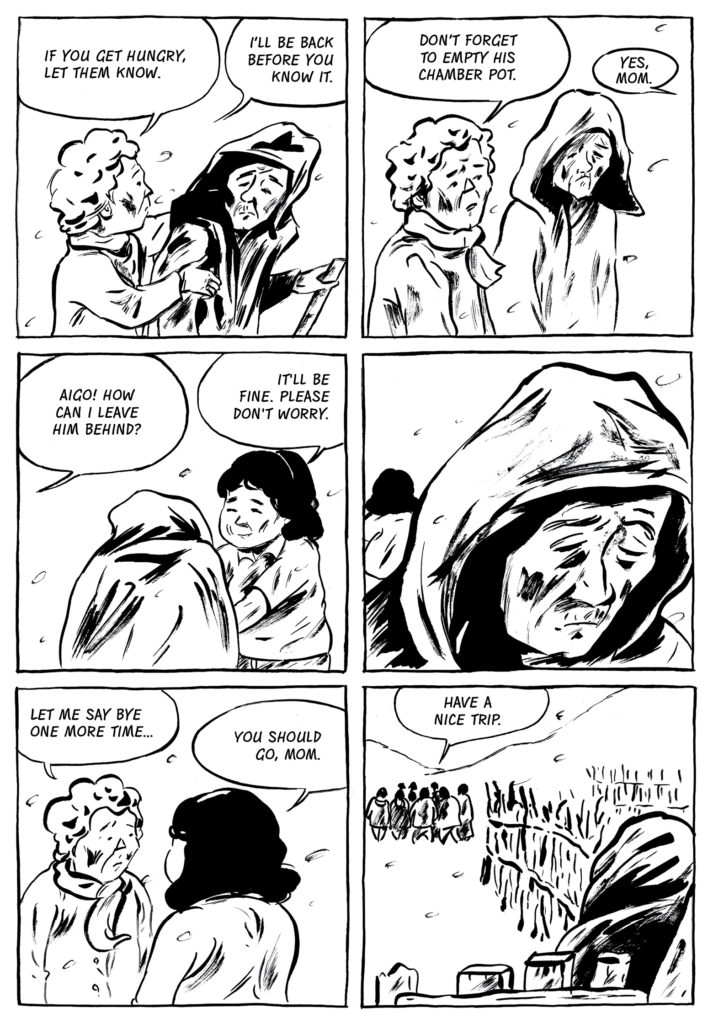
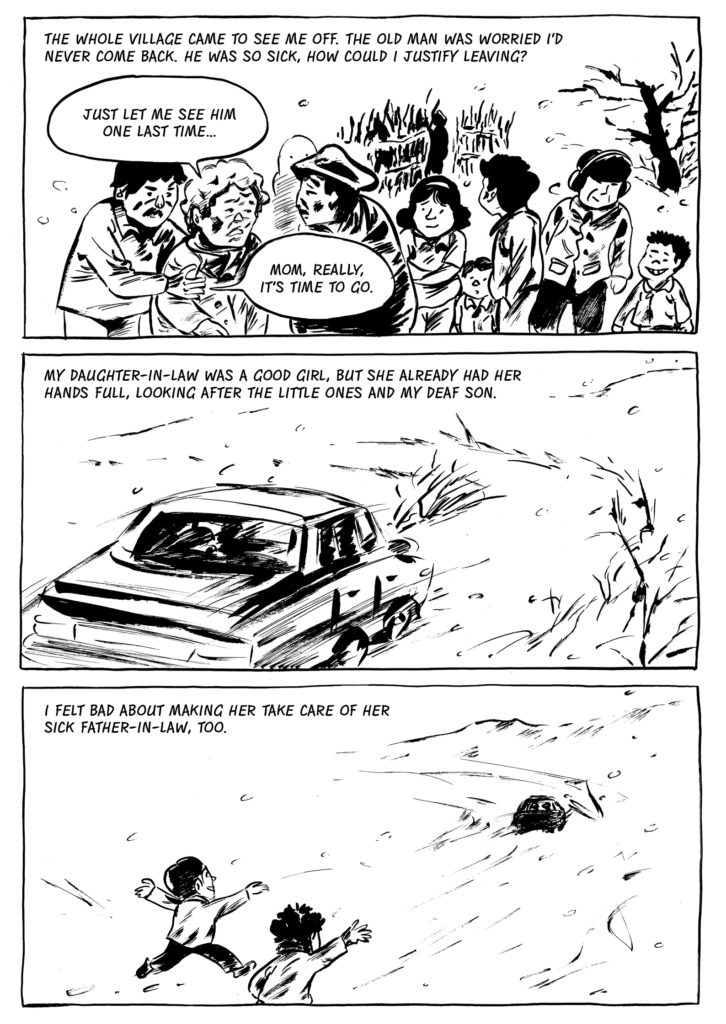
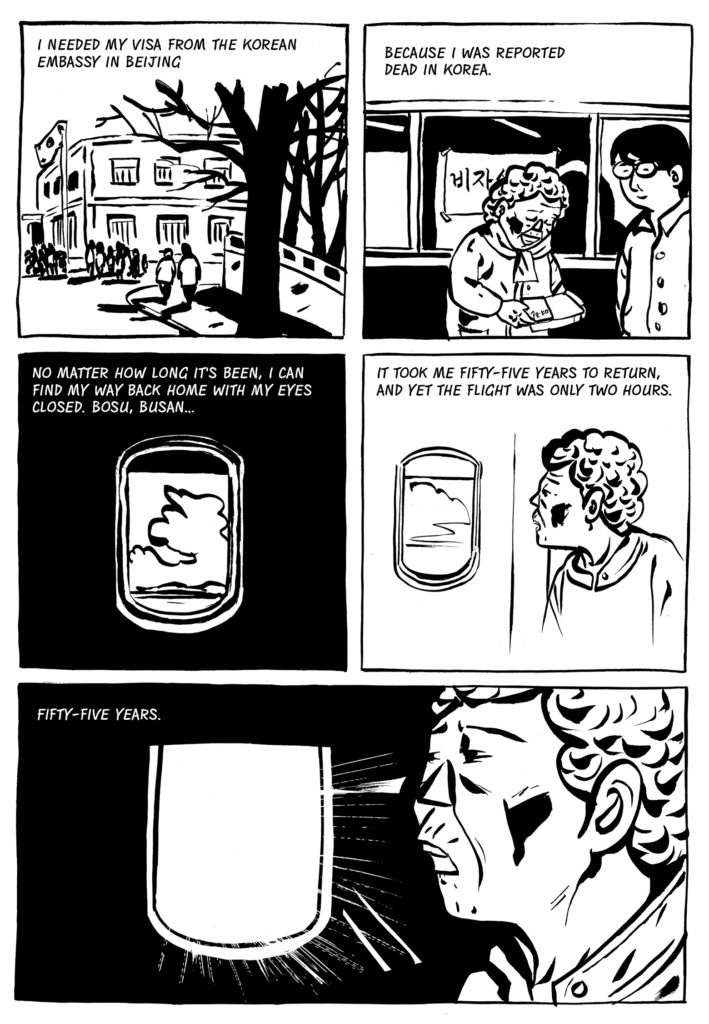
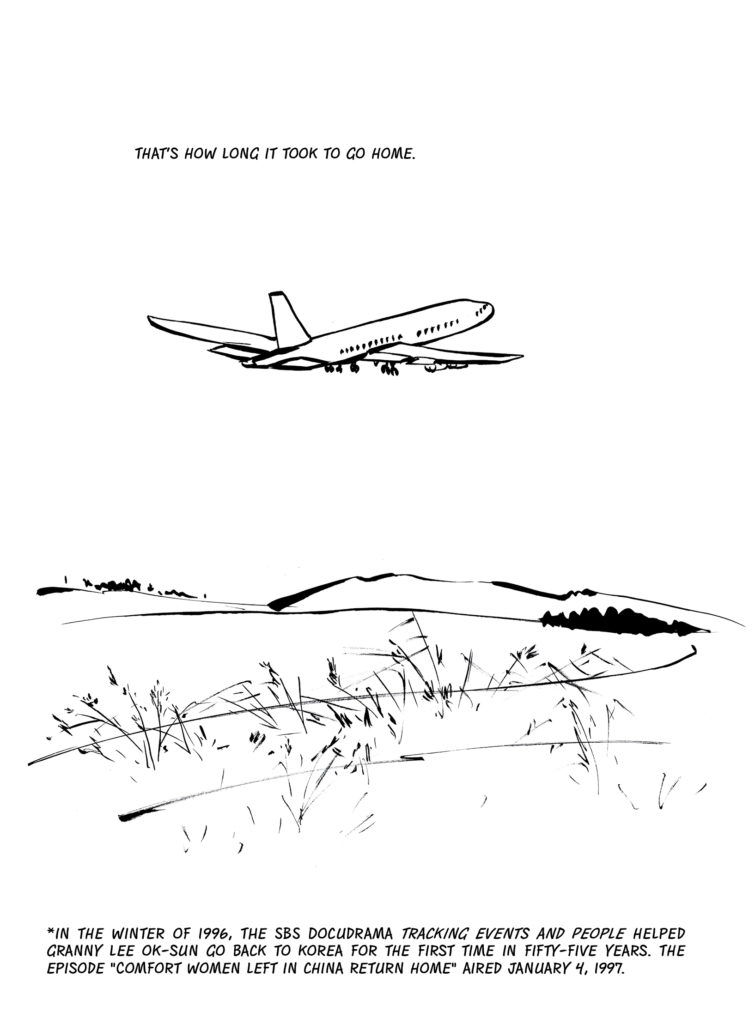
____________________________________
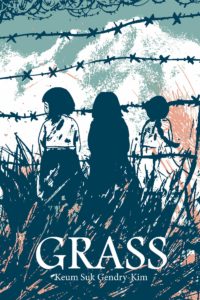
From Grass. Used with the permission of the publisher, Drawn & Quarterly. Copyright © 2019 by Keum Suk Gendry Kim. Translation copyright © 2019 by Janet Hong.



